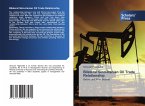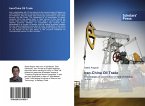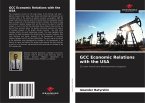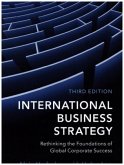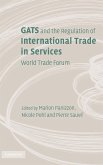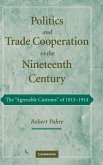After a century of exponential growth, the international oil industry suddenly slowed down in the 1970s, faltered during the 1980s, and by 1991 was only just about back to its 1979 level. That break in trend of its dominance in world energy became clear after 'the Opec decade' from 1973 onwards had gained an intoxicating surge of riches for oil-exporting countries. This book is a descriptive analysis of current influences upon the world oil trade. It is concerned with a central unchanged paradox of the industry - its tendency to maximise the production of high-cost rather than low-cost oil. It follows the rise and decay of Opec monopoly power in the crude market, and shows how growth in the international oil business has almost ceased since the late seventies, exploring the reasons behind this slowdown - not all attributable to Opec or to the nationalisation of major oil companies. The author has had more than twenty-five years of practical consultancy in petroleum economics. His book is objective and forward-looking: it is not a history.
Hinweis: Dieser Artikel kann nur an eine deutsche Lieferadresse ausgeliefert werden.
Hinweis: Dieser Artikel kann nur an eine deutsche Lieferadresse ausgeliefert werden.


